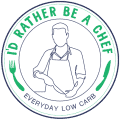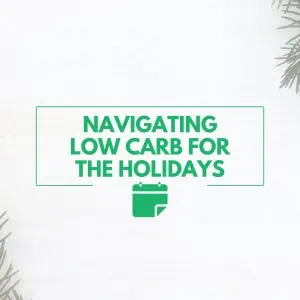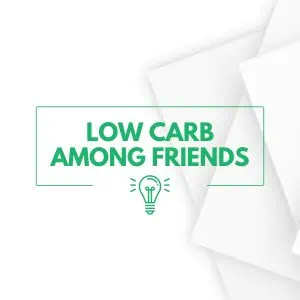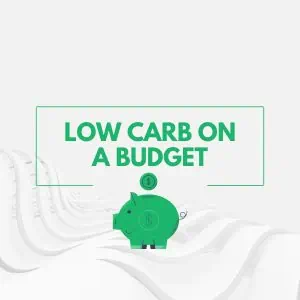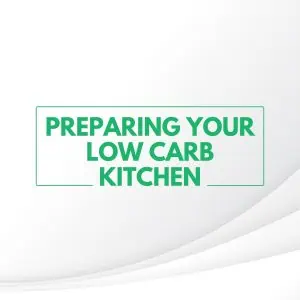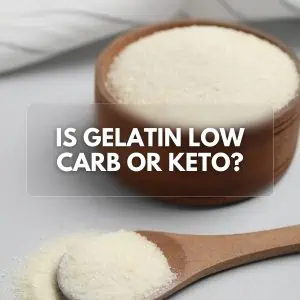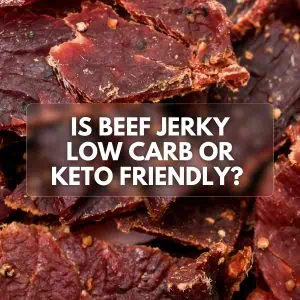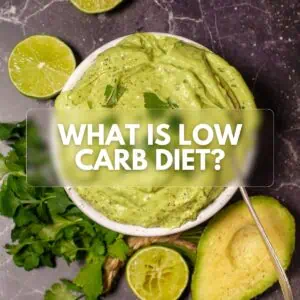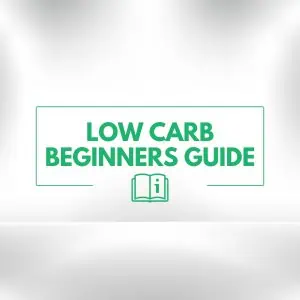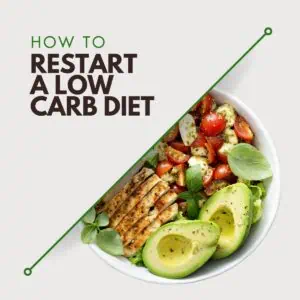Sharing is caring!
Over the last five years, I’ve turned to the low-carb diet for weight loss, and it’s worked well for me. Recently, however, I have taken a different approach to this whole subject. For me, now it is more about living and eating in a way that makes my body feel great and enjoying the benefits that come along with this outlook (like fitting into my clothes better and sleeping better at night, just to name a couple).
Let’s take a look at why I’ve changed my approach and what it is all about for me… and if this might resonate for you as well.
Note: Prior to making dietary changes or starting a new exercise regimen, it’s essential to seek advice from your doctor.

Will I lose weight eating low carb?
My journey with the low carbohydrate diet has been filled with lessons and revelations. Yes, my body shifted from storing fat to adding lean muscle, but it wasn’t just by cutting carbs alone.
Initially, reducing carbs helped with reducing water retention, but I noticed my body wasn’t responding the same way I was seeing from others online. I reached out to some friends with my frustrations, and they mentioned so many different ideas, from going full keto, making meal plans, doing a 30-day protein diet, and more. I was completely lost as to what to do.
Ultimately, after taking a breath from the information overload, I began to formulate a plan that paired the low-carb diet with regular, low-impact exercise (walking), staying hydrated with plenty of water, and banishing refined sugar from my life.
But here’s the thing: while this approach worked for me, it’s not a universal formula. Our bodies are as unique as our personalities, each with its quirks and preferences. There’s no one-size-fits-all or cookie-cutter solution to whether the low-carb diet will work or not.
Some might thrive on a low carb diet, while others might find better results with Mediterranean, plant-based, or even intermittent fasting approaches. The real trick in this journey isn’t just following a prescribed diet but tuning into the signals our bodies send us.
If going low carb makes you feel sluggish or if you notice your body is not responding as you hoped, it might be your body’s way of saying, “Hey, this isn’t quite right for me.” Always prioritize your well-being and be attentive to what your body is communicating.
Low Carb for Weight Loss Isn’t for Everyone
A dear friend of mine was interested to try the low carb diet to lose some belly fat.. He dove in, but soon after, he was battling constipation, a persistent sore back, crippling sluggishness, and an intrusive brain fog.
He kept on the low carb diet despite not feeling great for over a month without talking about it with anyone. When he explained his feelings and how long it had been happening, it was quickly understood that he needed to make a change.
He began experimenting with his diet and discovered that his body responded exceptionally well to the inclusion of more beans and lentils. By truly listening to what his body was telling him, he not only found relief from following a diet that didn’t align with his body but also achieved his goal of realigning that stubborn belly fat—all through a different dietary trajectory.
This underscores a critical point: while the low carb diet worked wonders for me and many others, but it’s not a universal solution. Our bodies react differently to dietary changes, and what works for one might not for another.
His experience is always a reminder for me that there’s no one-size-fits-all solution in the realm of diets.Low Carb vs. Keto
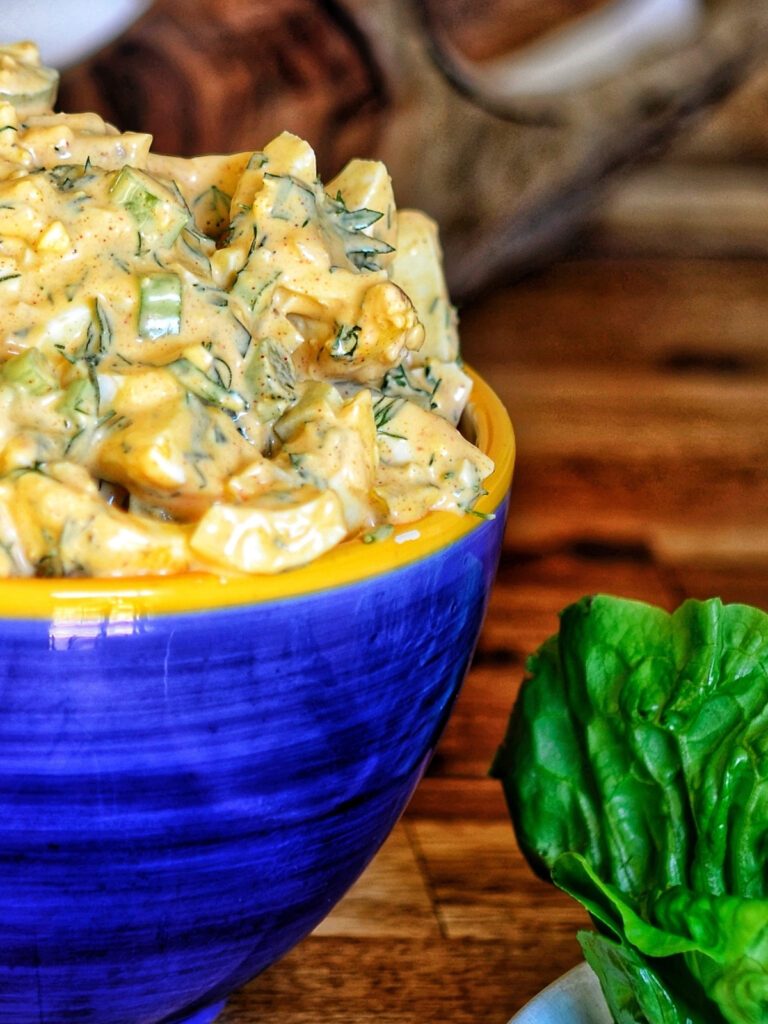
It’s important to understand what a low carb diet is and how it differs from a keto diet:
Low Carb Diet: This diet centers around reducing your overall carbohydrate intake. While specifics can vary, many proponents suggest an intake ranging from 50 to 150 grams of carbs per day. It’s more relaxed than keto, with a primary focus on cutting out sugars and high-carb foods, encouraging reliance on proteins and fats as primary energy sources.
Ketogenic (Keto) Diet: The keto diet is a high-fat, moderate-protein, and very low-carb diet. Its main objective is to get your body into a state of ketosis, where it’s burning fat for energy in the absence of carbohydrates. This is achieved by drastically reducing carbohydrate intake, often to as little as 20 to 50 grams per day.
Now, let’s break down the primary differences:
- Carbohydrate Intake: The low carb diet, with its broader range, allows for a bit more flexibility in carb consumption. In contrast, the keto diet is stricter, typically limiting carbs to only about 5-10% of your daily calories, aiming to enter ketosis.
- Goal: The primary aim of the keto diet is to achieve ketosis. The general low carb diet, while reducing carb intake, doesn’t have a specific metabolic state target like ketosis, but is to limit overall carbohydrate intake.
- Dietary Flexibility: A low carb diet offers more flexibility in food choices, allowing a broader range of foods in moderation. Keto, being more restrictive, emphasizes high-fat, moderate protein, and very low carb foods.
Over the years, I’ve oscillated between the low carb and keto ways of eating, adjusting my approach based on what my body and mindset required at various points in my journey.
When I can focus wholeheartedly on keto—free from life’s many distractions—I dive in. It takes effort for me to enter into ketosis (often dealing with the negative aspects of my body moving into ketosis like exhaustion, temporary brain fog, and more), so I need to be sure that I am ready to commit to eating keto.
Additionally, when I’m in the mood to ramp up my exercise regime, which I feel complements ketosis beautifully, I lean more towards keto. It’s about reading the signs my body and mind give and responding in kind.
See for yourself what foods make your body just feel good and go from there. Check out this quick article on We Become What We Eat.
How to Start a Low Carb Diet for weight loss?
If you’re contemplating using the low carb diet for weight loss, embarking on this journey the right way is paramount. A strategic start can set the tone for sustained success.
Check out my complete series on How to Start Low Carb! It’s an 11 part series with a ton of downloadable resources just for you!
In the meantime, here are five essential tips to kickstart your low carb journey::
- Learn the Lifestyle: Before diving in, take some time to understand the basics of carbohydrates. Learn about simple vs. complex carbs, net carbs, and more. Begin to identify the high-carb foods in the grocery store and pantry. Education goes a long way to success.
- Plan Your Meals: Preparation is key. Begin by drafting a weekly meal plan. This not only helps maintain consistency but also helps when hunger strikes and you resort to carb-heavy foods. Preparation is the key to success.
- Stay Hydrated: As a person cuts down on carbs, the body retains less water. Drinking plenty of water is essential to aid the fat-burning process and flush out the system.
- Fiber is Fantastic: Just because it’s low carb doesn’t mean skimping on fiber. Vegetables like broccoli, cauliflower, and spinach are low in carbs but high in fiber, which can help with satiety and digestion.
- Monitor Progress: Tracking carb intake, especially initially, helps build a solid foundation for this lifestyle. Apps or food diaries can be handy. Monitoring will help understand the body’s response and make necessary tweaks along the way.
Remember, transitioning to a low carb lifestyle isn’t about sudden, drastic changes. It’s a journey.
Adopting habits, recipes and new routines thoughtfully will ensure a high return on investment without feeling overwhelmed.
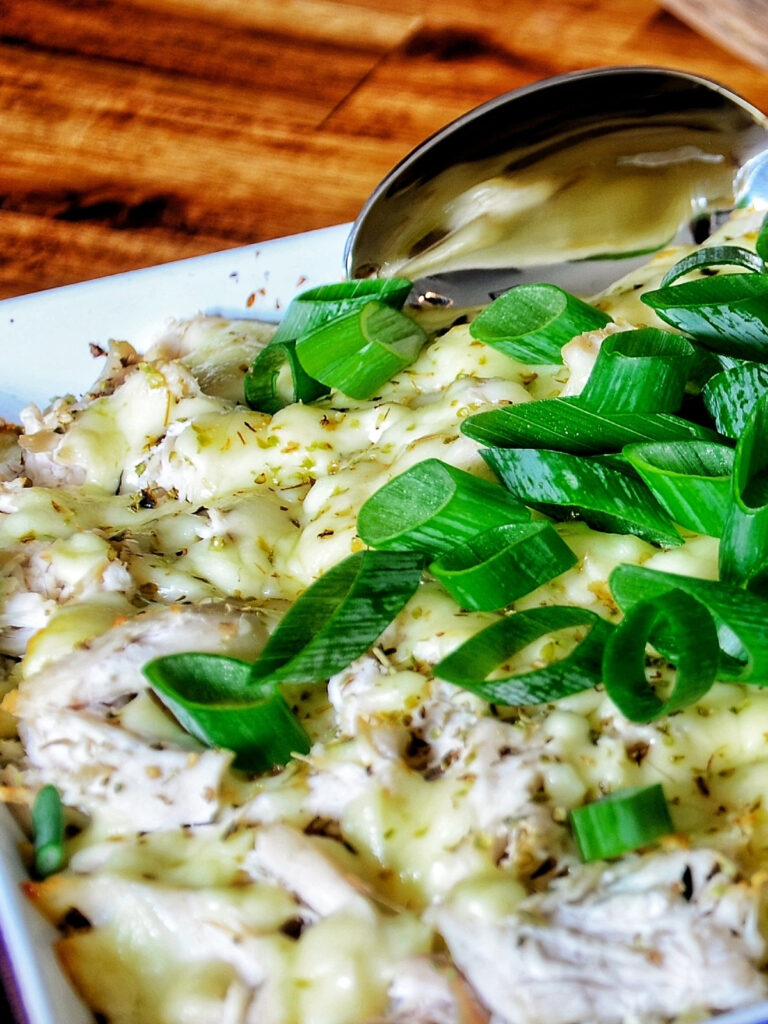
Final Thoughts on Low Carb for Weight Loss
The world of weight loss is vast and filled with countless diets and strategies, each promising amazing results. None really worked for me until I committed to a low-carb way of life.
I’m not alone in my experience with how the low carb diet has not just shown a reduction in numbers on the scale, but an approach to healthier living. But as we’ve explored, it’s not a one-size-fits-all solution.
Every individual’s journey with low carb will be distinct, shaped by personal experiences, body responses, body types, goals and commitment.
Some might find tremendous success just by cutting carbs, while others might need to experiment a bit with variations or even find a different dietary approach entirely.
Tuning into the body’s signals is pivotal. It’s the most authentic feedback mechanism, guiding us through the ebbs and flows of our lives that are a natural part of the process.
Whether the goal is to dive deep into keto or merely reduce overall carb intake, the end goal remains the same: being healthier and happier.
Remember, the low carb diet isn’t just a way of eating for weight loss; it’s a lifestyle change, a commitment. And like any significant change, it requires patience, perseverance, and a sprinkle of self-love.
I genuinely hope you’ve gotten some valuable insights from my experiences of living on the low-carb diet since 2017. But don’t put your reading glasses away just yet, I’ve got a more good stuff here:
- New to the low-carb scene? Ease into it with my guide on How to Start a LOW-CARB Diet. It’s a simple, no-nonsense way to get started.
- Heard about Ketoacidosis and want to know more? Take the plunge and dive deeper to understand the real scoop on ketosis vs Ketoacidosis.
Sharing is caring!
